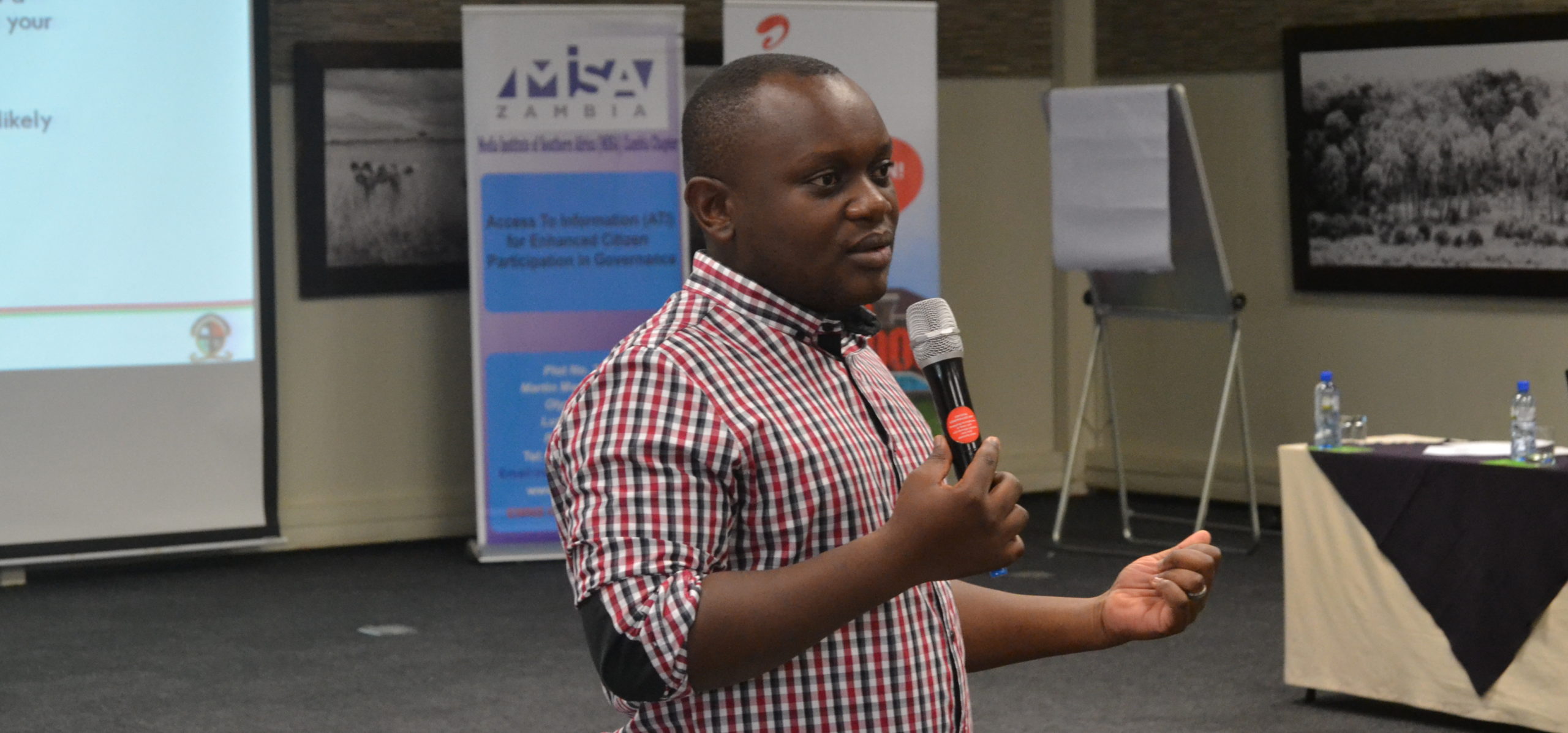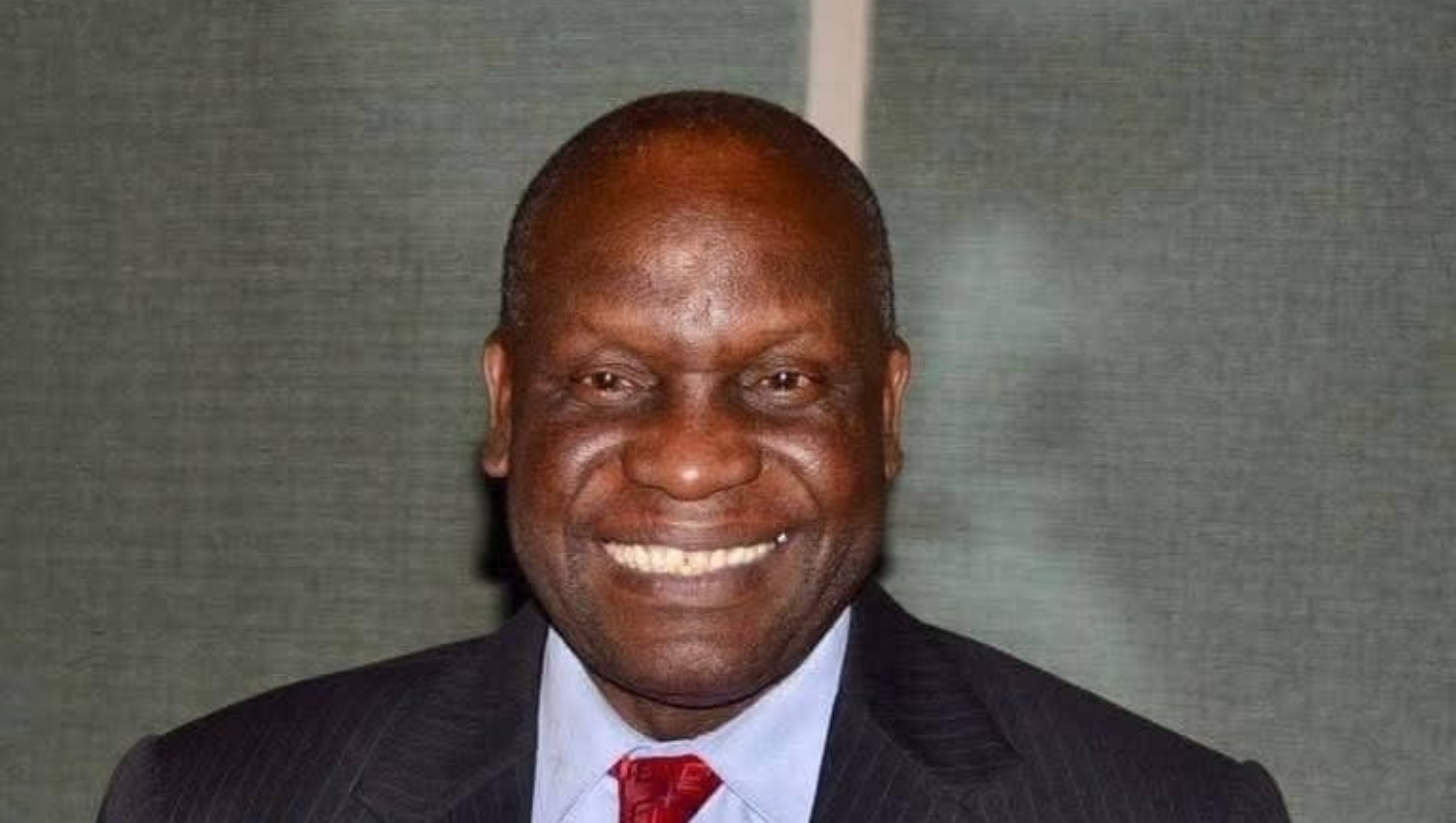By Elastus Mambwe
Society has come a long way from the early days when press freedom was merely an idea. However, the fact that we still have to make hard and critical reflections on where we are today does speak to the need for improvement.
Press freedom is a key tenet of democracy. Many of the freedoms we enjoy as a society are directly related to the freedom of expression and to freedom of the press. When guaranteed, protected and championed, societies thrive, communities flourish and lives are improved.
Franklin Roosevelt once observed that “Freedom of conscience, of education, of speech, of assembly are among the very fundamentals of democracy and all of them would be nullified should freedom of the press ever be successfully challenged.”
It is ironic that the time when there seem to be so much more freedom than ever before, is also the time that this freedom is perhaps challenged the most.
Our theme speaks to the need, to have a legal environment that is conducive for press freedom. It also emphasises the need for a free and independent judicial system that will protect, guarantee and uphold press freedom.
Transparency, accountability and good governance are essential to the development of any country. These elements are becoming part of our daily conversations because we need them now more than ever. However, the media can not effectively contribute to the promotion of these attributes when they are not empowered by law and policy to do so.
The media’s role in keeping power in check is not a new responsibility. It has been a function that has long existed. However, recent advancements in technology that have revolutionised how we communicate, have posed a challenge on the ability to perform this function. Problems such as misinformation, misrepresentation (fake news), sensational click baiting are rife and threaten the profession. Those with power have taken advantage of our weaknesses to find ways of curtailing the freedoms that we have fought for.
It is worrying that governments in many countries of the world have opted to implement or suggest restrictive laws and censorship on freedom of press.
Additionally, very little has been done to protect journalists around the world. The 2017 World Press Freedom Index, indicated that violence and restrictions against media freedom has risen by 14% in the five years between 2012 and 2017.
In Zambia, the number of press freedom infringement alerts has been consistently high. It is concerning that our judicial and legal systems have not acted to curtail this. There is need for change and this change is long overdue.
In line with this year’s theme, we in the press should take our position not only as people in the business of news and information, but as partners and promoter of good governance. While we are considered the fourth estate, we have found ourselves detached from governance.
Reporting about politics and reporting about governance are two different things. The public depends on us to make this a priority.
In thinking about what we can do in view of the above, allow me to make a few suggestions or recommendations as we work alongside those in power to promote justice, accountability and transparency.
- Journalists must take responsibility for their profession. It is our profession and we must take the charge to ensure that we develop it, nurture best practice and maintain the high standards that our audiences demand. No one will do it for us.
- There is need for further protection for journalist. Violence against the press is alarming in Zambia and what is worse is that we do not see any serious move to address the violence from those that decide to use power, intimidation and force.
- The legal framework within which we operate must respond to the changing environment with which we report. It is sad that we still have are antiquated laws that have been abused by those with the power to affect journalism practice. Sadly, the system has in a way protected such abuses.
Our continued call for access to information legislation is grounded in this very idea. Access to information is right that will help us achieve transparency. Therefore, people in power must see this not as a challenge, but an opportunity to raise the public’s confidence in our governance system. We are not enemies. We too want to see the law upheld and good governance attained.
- There is an urgent need to examine proposed internet related legislation to ensure that press freedom is not curtailed in the future. We should ensure that there is Internet Universality, taking it as a right and making it accessible for all. Curtailing internet freedoms with restrictive laws will take us many years back.
- As journalists, we need to go back to the basics. We have come too far to lose the ball. Could it be that somewhere along the road we have embraced the grey areas so much that we have forgotten to walk in the light? Trust levels are at their lowest. Commercial and political interests have clouded who we are. This needs to change if we are to offer the much-needed checks and balances. Ethical practice is required of us. Accountability and adherence to the news values should be restored.
In concluding, I would like us to reflect on the following questions as we talk about keeping power in check:
- How can the public trust us when we cannot trust ourselves?
- How can we have a common agenda when we have been compromised by forces whose interest is not aligned to the dream of a better Zambia?
- How can our advocacy efforts yield fruit when we have different courses of action and hardly give unity a chance?
As we take part in the activities lined up for the celebration of the WPFD this year, I hope we can examine ourselves as a profession, as well as our place and our role in society. Above all I hope that our reflection will lead to action, and that action to positive change.
I thank you.
The writer is University of Zambia (UNZA) Department of Media and Communication Studies Lecturer and Special Research Fellow.









